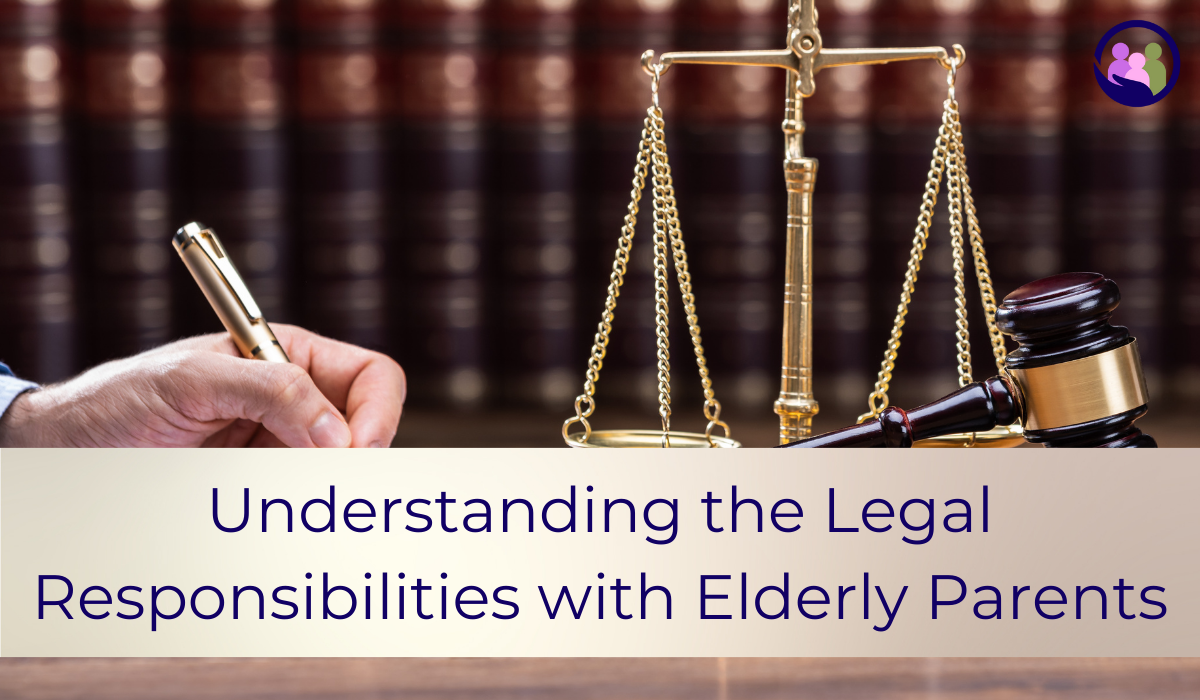As society ages, the question of legal responsibility towards elderly parents becomes increasingly pertinent. While it's a topic often avoided or overlooked, understanding these responsibilities is crucial for ensuring the well-being and care of aging loved ones.
In many cultures, there exists an unwritten understanding that adult children will care for their elderly parents, but legally, what does this entail?
The Basis of Legal Responsibility
In most jurisdictions, laws regarding filial responsibility vary significantly. However, many places do have laws that obligate adult children to provide financial support or care for their elderly parents under certain circumstances. These laws are often rooted in traditional family values and the belief that family members should support one another in times of need.
Financial Support
One of the primary legal responsibilities that adult children may have towards their elderly parents is providing financial support. This obligation typically arises when parents are unable to support themselves financially and have exhausted other resources, such as savings or government assistance. In some jurisdictions, adult children may be required to contribute to their parents' medical expenses, nursing home costs, or even basic living expenses.
Long-Term Care
Caring for aging parents often involves making decisions about their long-term care. This can include arranging for in-home care, assisting with activities of daily living, or making decisions about nursing home placement. In some cases, adult children may be legally responsible for ensuring that their parents receive appropriate care and are not subjected to neglect or abuse.
Legal Guardianship
In situations where elderly parents are no longer capable of making decisions for themselves due to mental or physical incapacity, adult children may need to pursue legal guardianship. This process involves petitioning the court to appoint a guardian who will make decisions on behalf of the incapacitated individual. While this can be a complex and emotionally challenging process, it may be necessary to ensure that the elderly parent's best interests are protected.
Understanding Limitations
It's important to note that while there may be legal responsibilities associated with caring for elderly parents, there are also limitations to these obligations. Not all adult children will be in a position to provide financial or caregiving support, either due to their own financial constraints or other personal circumstances. Additionally, laws regarding filial responsibility vary widely by jurisdiction, and there may be exceptions or loopholes that apply in certain situations.
Planning Ahead
Given the complexities surrounding the legal responsibilities of adult children towards their elderly parents, proactive planning is essential. Families should have discussions about expectations and preferences regarding care as parents age. Additionally, individuals should consider creating advance directives, such as powers of attorney and living wills, to outline their wishes for medical care and decision-making in the event of incapacity.
Conclusion
While there is no universal answer to the question of legal responsibility towards elderly parents, it's clear that adult children often play a significant role in providing care and support as their parents age. Understanding the legal obligations and limitations associated with filial responsibility is essential for ensuring that aging loved ones receive the care and support they need while also respecting the autonomy and individual circumstances of all family members. By planning ahead and having open conversations, families can navigate these challenges with compassion and understanding.
We invite you to share your thoughts and experiences in the comments below. Have you encountered any challenges or insights while navigating these obligations? Your comments can provide valuable perspectives on this important topic.
Free Checklist:
Home Care Setup Checklist
 Take action now to ensure the safety and well-being of your elderly family members at home.
Take action now to ensure the safety and well-being of your elderly family members at home.
Download our free Home Care Setup Checklist: Creating a Safe Environment for Elderly Family Members and gain peace of mind knowing that you have covered all the necessary steps to protect your loved ones.
Don't wait any longer - start creating a nurturing and secure environment where they can flourish today.

